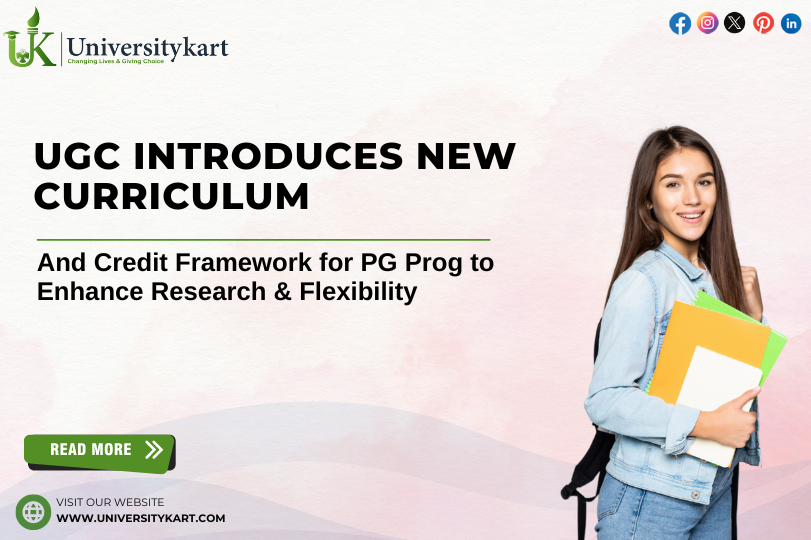
The University Grants Commission (UGC) has introduced a new curriculum and credit framework for degree programmes. Aligned with the National Education Policy (NEP) 2020, this initiative aims to promote interdisciplinary learning, improve research capacity and provide more flexibility to students.
The updated framework is designed to prepare students for advanced research and professional roles, supporting India's ambition to become a leading knowledge-based economy.
According to the UGC framework, India is fast emerging as one of the fastest growing economies globally and its path to a leading information society depends on expanding its research capabilities in various fields. The National Education Policy (NEP) 2020 aims to transform higher education with a strong focus on research and interdisciplinary learning, which are central to supporting economic growth and building a strong knowledge ecosystem.
What are the Benefits of UGC PG Framework 2024?
Some of the conditions of the new UGC guidelines are:
- No subject-specific requirements: Unlike the earlier regulations, the new framework does not require subject-specific requirements for admission to a year of training. two-year PG programmes.
- Withdrawal option: Students enrolled in a two-year program may withdraw after the first year.
- Credit System and Curriculum Content: The Framework provides the credit requirements and curriculum for both one- and two-year programs.
- Enhanced Flexibility: This initiative is part of UGC's efforts to provide students with more freedom and choice in their academic pursuits, enabling a more personalized educational experience.
- Program Structure: A two-year degree program with research in the second is designed for graduates who have completed a three-year undergraduate degree.
- Research: Graduates who have completed a four-year bachelor's degree with honours or research can apply for a one-year graduate program.
- Transfer between programs: students can change majors and choose majors, minors or alternative majors according to their abilities and interests. They can also choose courses that match their career goals and choose between offline, online or hybrid learning modes.
Expansion of Higher Education
As India transitions to a knowledge economy, the higher education sector is expected to expand significantly. The NEP 2020 introduces several initiatives, including multiple educational entry and exit options, undergraduate research opportunities, and a curriculum approach based on learning outcomes. These measures are intended to provide students with advanced knowledge and specialised skills, thereby facilitating their transition from knowledge acquirers to knowledge creators.
Re-structured Postgraduate Programs
The NEP 2020 emphasises flexibility in postgraduate (PG) programmes, in line with the restructured undergraduate programmes. Key recommendations for post-graduate education include:
A two-year postgraduate programme with a research-intensive second year for those who have completed a three-year bachelor's programme.
A one-year postgraduate programme for students who have completed a four-year bachelor's degree with honours or honours with research.
Integrated 5-year Bachelor's/Master's programs.
Universities that offer postgraduate programmes in core areas like Machine Learning, multidisciplinary fields like AI, and professional areas such as healthcare, agriculture, and law.
The National Higher Education Qualifications Framework (NHEQF) was created to standardise learning outcomes and credit frameworks.
Key Features of the New PG Curriculum Framework
The new PG curriculum framework introduces a number of innovative features:
Students can switch disciplines and choose courses that interest them.
Options for various modes of learning (offline, ODL, online, and hybrid).
Mobility and flexibility are governed by UGC regulations on the Academic Bank of Credits, as well as guidelines for multiple entry and exit points from academic programmes.
Credit Requirements and Eligibility
The credit requirements and eligibility criteria for PG programmes are listed below:
A one-year postgraduate programme following a four-year undergraduate degree with at least 160 credits at level 6.5 on the NHEQF.
A two-year postgraduate programme following a three-year undergraduate degree with at least 120 credits at level 6.5 on the NHEQF.
A two-year postgraduate programme for a four-year undergraduate degree (e.g., B.E., B.Tech.) that requires at least 160 credits at NHEQF level 7.
Eligibility for PG programmes is determined by the student's performance in the undergraduate programme or entrance exams, with the option of pursuing any discipline if the entrance exam is passed.
Graduate Attributes and Learning Outcomes
Under the NHEQF, learning outcomes are classified from level 4.5 (first year of UG) to level 8 (doctoral level). PG programmes aim to develop advanced knowledge and skills, problem-solving abilities in multidisciplinary contexts, and the capacity for effective communication. Graduates should demonstrate knowledge application, ethical responsibilities, and the ability to engage in self-directed learning.
Program Designs and Flexibility
PG programs offer various designs:
- 1-year PG with options for coursework, research, or a combination.
- 2-year PG with flexibility in choosing coursework or research components.
- 5-year integrated UG+PG programs with curricular components similar to 2-year PG programs.
Frequently Asked Questions
Ques: What is the purpose of the new curriculum and credit framework?
Ans: The new framework aims to modernize postgraduate education in India by:
- Increasing emphasis on research, particularly for students entering with a three-year Bachelor's degree.
- Providing greater flexibility for students through various program options and exit points.
Ques: How does the new framework promote flexibility?
Ans: The framework offers several options:
- Program Durations: There are choices for one-year and two-year Master's programs, catering to different undergraduate backgrounds (three-year vs. four-year degrees).
- Exit Option: Students enrolled in two-year programs can choose to exit with a PG Diploma after completing the first year.
- Credit System: A credit-based system allows students to choose courses based on their interests within the program structure.
Ques: Does the new framework have any specific entry requirements?
Ans: Unlike previous systems, there are no discipline-specific prerequisites for enrolling in one-year or two-year programs. This allows for more open academic exploration for students.
Trending Articles
View All-
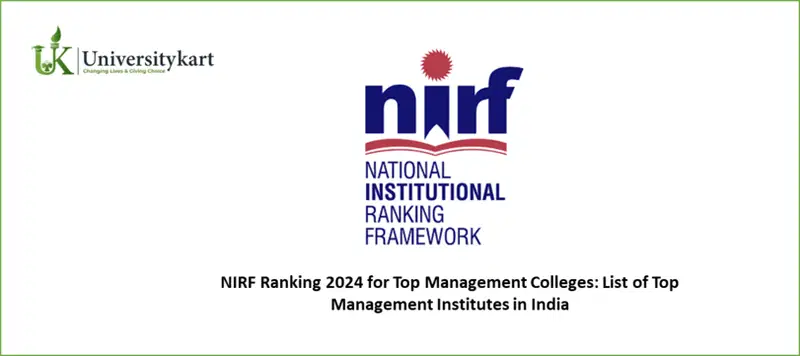
NIRF Ranking 2024 for Top Management Colleges: List of Top Management Institutes in India
Aug, 21, 2024 Read More -
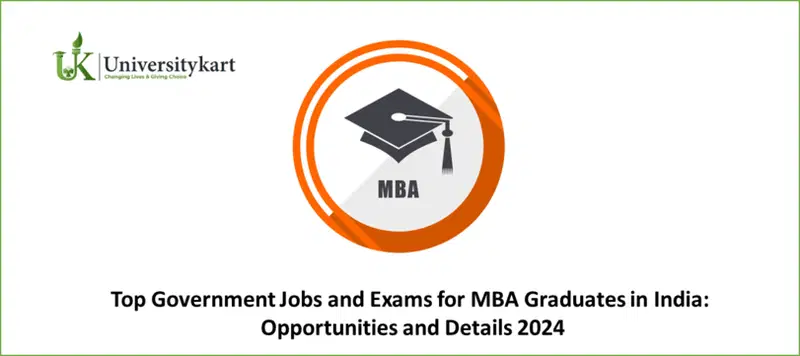
Top Government Jobs and Exams for MBA Graduates in India: Opportunities and Details 2024
Jul, 12, 2024 Read More -
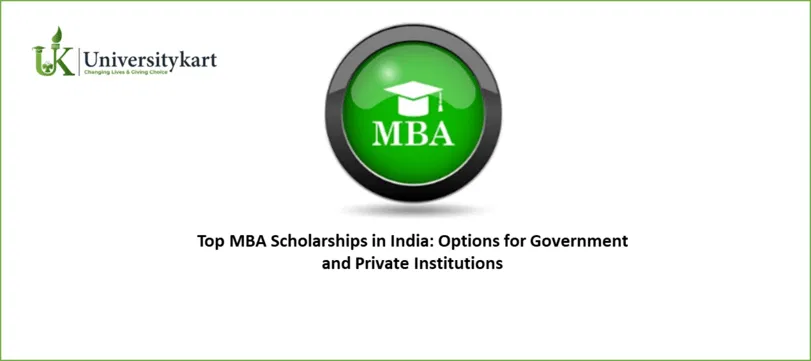
Top MBA Scholarships in India: Options for Government and Private Institutions
Jul, 12, 2024 Read More
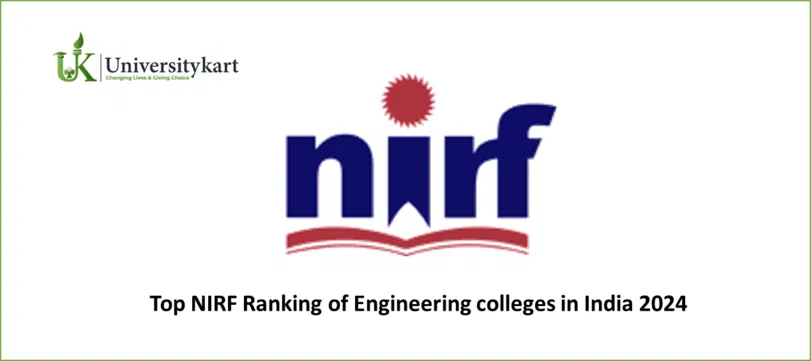
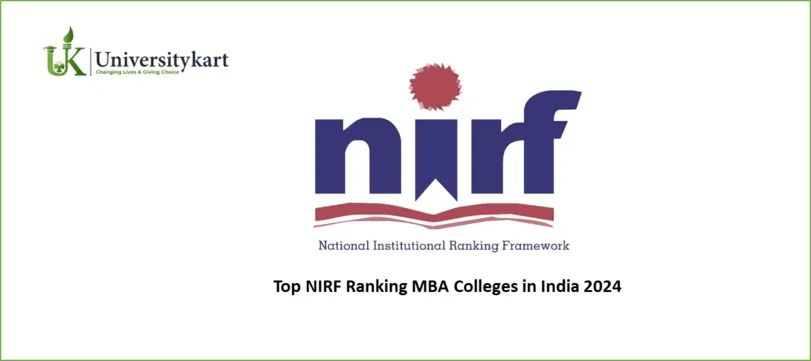
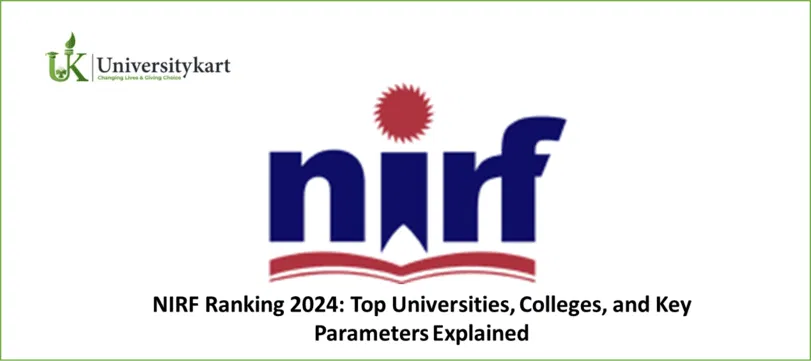
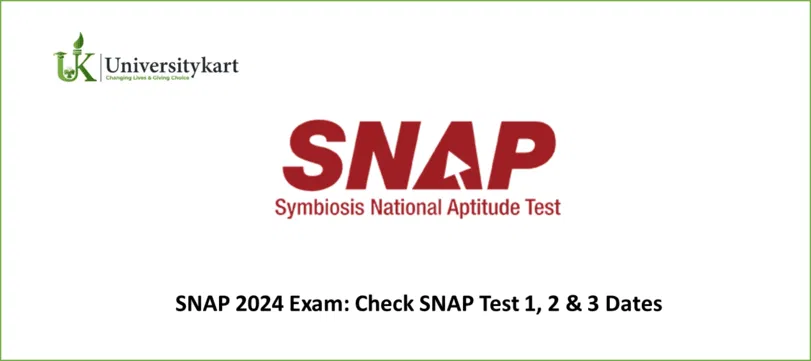
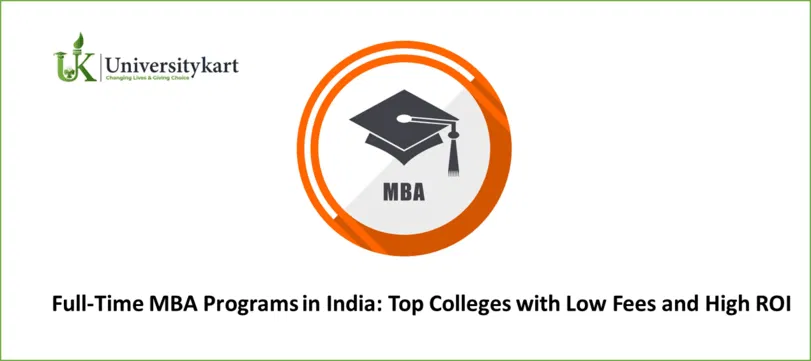
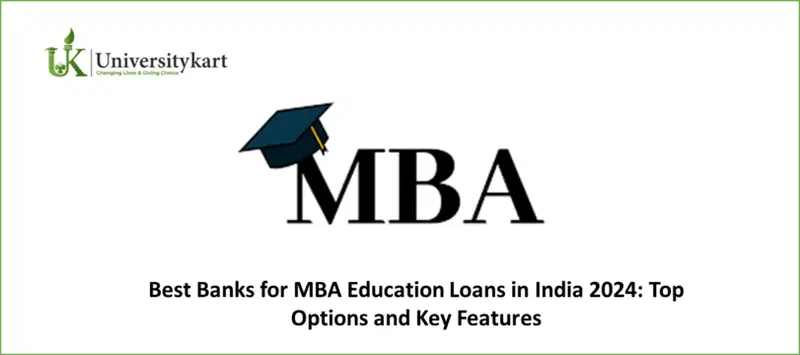
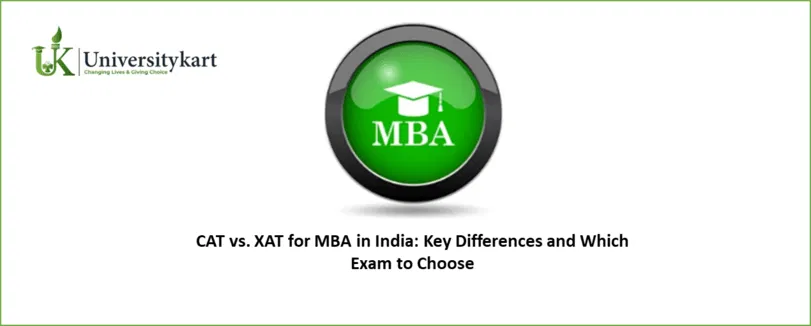






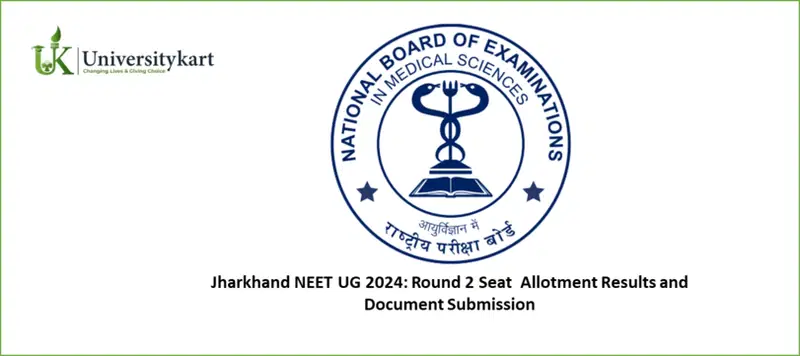
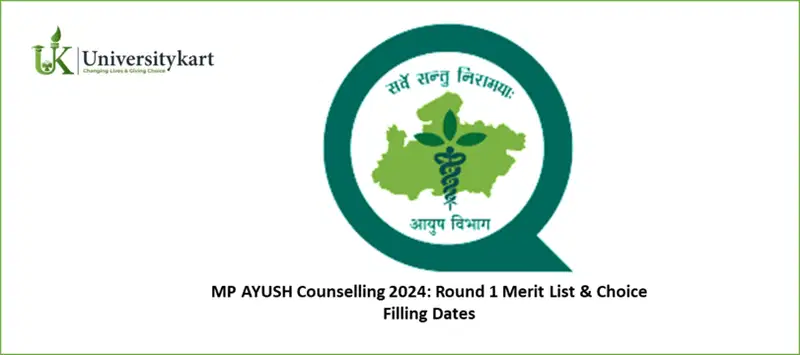
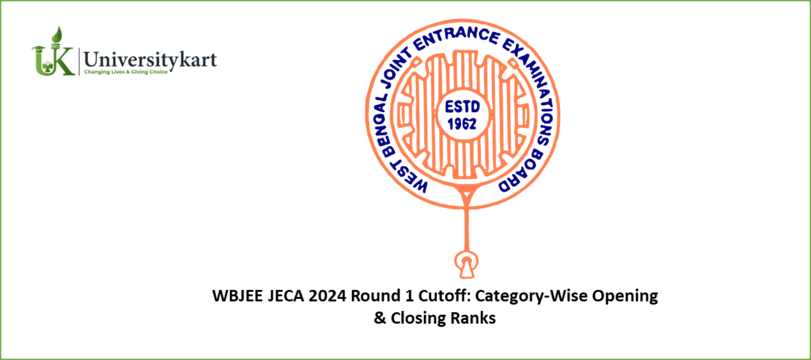
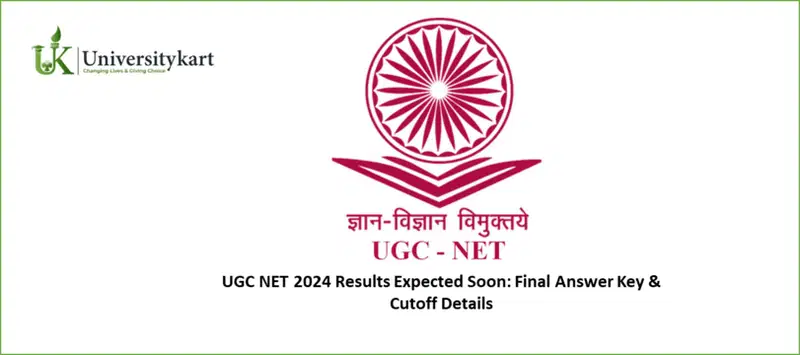

 back
back